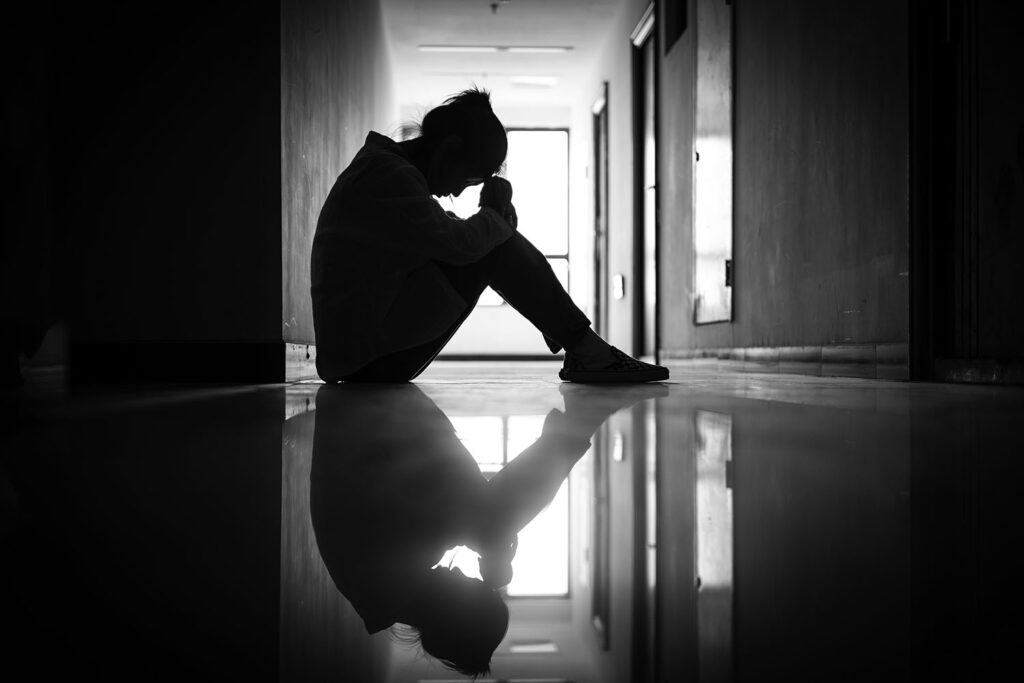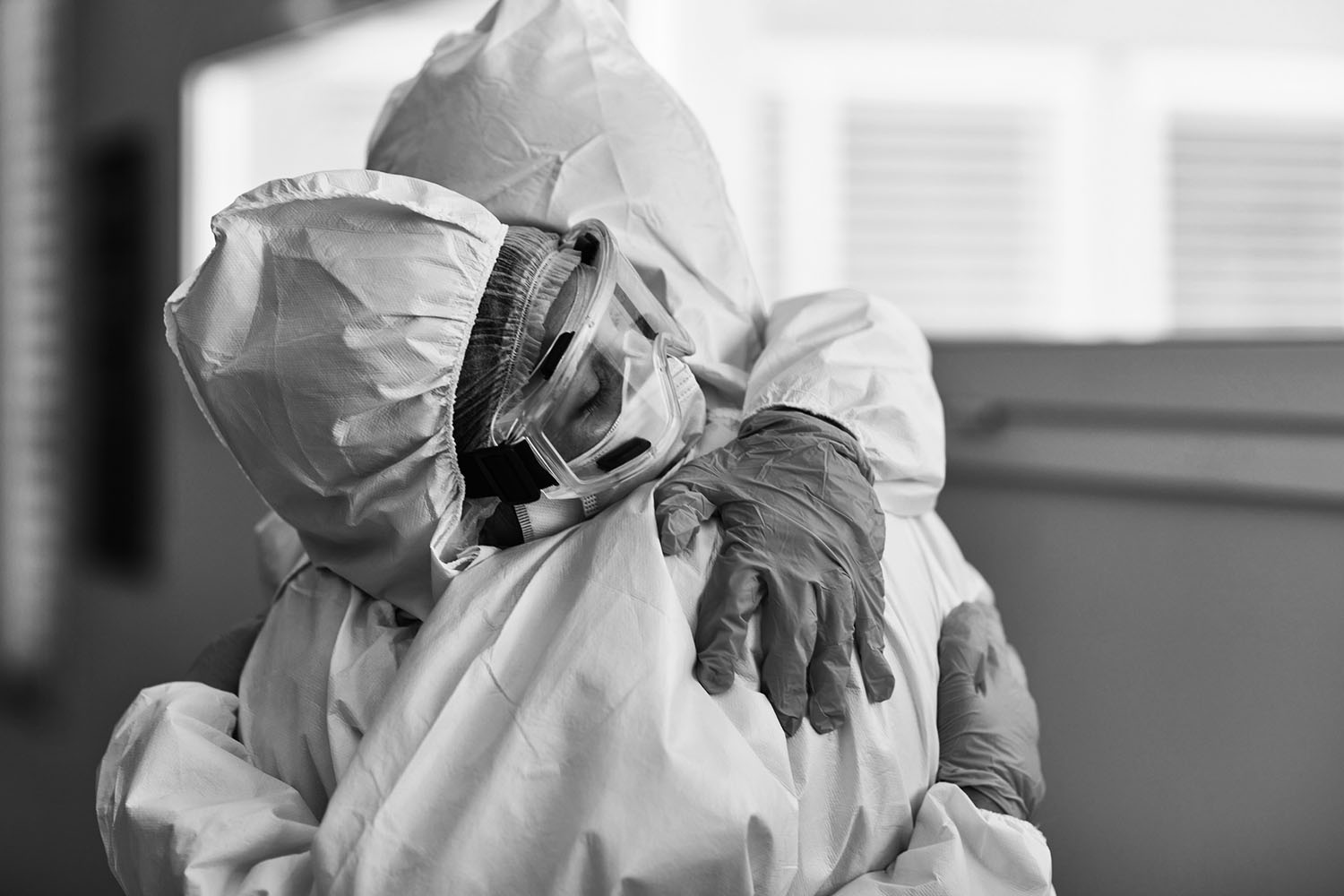What happened?
In March 2020, the COVID-19 pandemic began to spread within the United States at an alarming speed. With no vaccine readily available for this new coronavirus illness, sickness, death, and overwhelmed hospitals impacted our entire country as the world “shut down” in many ways.
COVID-19 caused a ripple effect of disruption within the nation, sending waves of grief and health concerns throughout each state. Leaders of all kinds had to navigate the significant public health challenges and the danger the virus posed to their people.
COVID-19 and the need for behavioral and mental health resources in the workplace
Disruptive Event Management (DEM) work represented 63% of all R3 service requests from February 1 to June 20, 2020. During this time, the most prominent work environments we served were health caregivers and food distribution staff.
Employees within these industries struggled with mental health conditions including feelings of hopelessness and a lack of power in the face of circumstances COVID-19 brought on. As essential workers, they could not shift to remote work or practice social distancing to protect themselves and their loved ones.
Health professionals, in particular, experienced intense work-life stressors on a continued basis, in addition to the mental health impact and physical health toll of seeing sick patients pass away or struggle to recover without being able to see their family members. All of these circumstances created the perfect storm for employee burnout and compassion fatigue for healthcare workers.
While an employee assistance program (EAP) provides very helpful resources, the extraordinary circumstances of the COVID-19 pandemic required behavioral and mental health services above and beyond the usual, and many EAP providers provided referrals to R3 during the health crisis.
How R3 helped mitigate the impact of COVID-19 on employee mental well-being

Mary, an R3 Clinician, dressed in full PPP equipment while responding onsite during COVID-19.
R3 was called in to provide critical behavioral health support to employees onsite: for health care providers, food distribution center staff, and other workplaces that still needed in-person support and disruption response.
As the pandemic was worsening, R3 was one of the only providers still to provide onsite service to workplaces. This was not without its challenges; it was difficult for our providers to keep up with the continuously evolving CDC protocols and health regulations at workplaces. The pandemic was a different kind of disruption altogether; it required a broad and complex level of response different from R3’s other crisis work. We had to be agile and evolve with the changing regulations, disrupted work schedules, and pandemic safety measures.
R3 was also able to pivot and provide virtual mental health in the workplace services to organizations that did not want (or could not have) onsite response work. We did so by leveraging our proven toolkit, our vast network of behavioral and mental health providers, and some specifically trained in telehealth respondents.
What was the impact of R3’s support?
As a result of R3’s disruption response, healthcare and food distribution workers were able to receive behavioral and mental healthcare support that was essential to their overall well-being during unprecedented circumstances. Without this support within their workplaces, and without action being taken to mitigate the impact of the pandemic’s workplace trauma, the mental health issues and overall well-being of these employees would have continued to increase and worsen drastically.
R3’s support helped these employees to feel heard and cared for by their employers when they were struggling with the new normal and needed to support the most.
Pandemics and epidemics like COVID-19 will continue to happen and evolve. Don’t wait until after a catastrophe strikes to navigate how you will support your people.
Talk to us today to learn more about how you can prepare for disruptions of all sizes with R3’s tailored support solutions.

